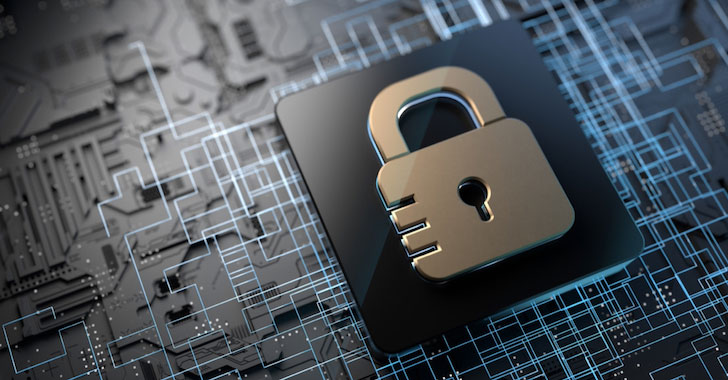Password security was a problem even before the advent of widespread remote work. So, what happened post-pandemic? We developed new and creative approaches to password security that will help you safeguard your accounts. We also created five critical password security rules that will not only keep your passwords hidden but prevent computer viruses from accessing them.
So, stop making these fundamental mistakes! Read up on these five critical password security rules and get back to work.
1. Always use strong passwords
Strong passwords are at least eight characters long (preferably more) and consist of ransom strings of letters, numerals, and special characters. Unlike simple passwords, strong passwords are not based on any word.
- 37% of respondents to Keeper’s survey said they’ve used their employer’s name as part of their work-related passwords
- 34% have used their significant other’s name or birthday
- 31% have used their child’s name or birthday
2. Use a unique password for every account
Some things should never be recycled – like passwords. When employees reuse passwords across accounts, they greatly increase the risk that their employer will be breached.
Regular password changes will raise the bar and make it harder for hackers to guess, thereby increasing the risk that the user’s account will be breached.
3. Store all passwords securely, with full encryption
Using a strong, unique password for every account is only a starting point. Employees also need to store their passwords securely. Keeper’s survey demonstrated that they’re not doing that:
- 57% of respondents write down their passwords on sticky notes, and 62% write down their passwords in a notebook or journal, which anyone else living in or visiting the home can access.
- 49% store their passwords in a document saved in the cloud, 51% use a document stored locally on their computer, and 55% save them on their phone. Because these documents aren’t encrypted, if a cybercriminal breaches the cloud drive, computer, or mobile phone, they can open the employee’s password file.
4. Never share work-related passwords with unauthorized parties
Work passwords are confidential business information that employees should never share with anyone outside the organization, not even their spouses.
5. Password-sharing within the workplace is okay, but only if it’s done securely, with fill end-to-end encryption
Shared passwords in the workplace can be done safely if employees share passwords using a secure method, and passwords using a secure method, and the passwords are shared only with authorized parties.
- 31% of respondents share their work-related passwords with their spouse
- 29% share with their best friend
- 19% share with a member of the household staff, like a housekeeper or handyman. Which is fine. But … if the password gets into hackers’ hands, they could wreak havoc on your employer’s network. That’s why it’s important to use full end-to-end encryption (rather than simple password exchange) when sharing passwords inside the workplace.
Critical password security is the foundation of cybersecurity, and it’s especially important in a remote work world. So, what are you waiting for? Make your passwords strong, unique, and securely stored and you’ll be on the right track.
Interested in reading further into cybersecurity in the year 2021? Cybersecurity Executive Order 2021 discusses the executive order that has been signed recently.![]()
If you would like liquidvideotechnologies.com to discuss developing your Home Security System, Networking, Access Control, Fire, IT consultant, or PCI Compliance, please do not hesitate to call us at 864-859-9848 or you can email us at deveren@liquidvideotechnologies.com.


Recent Comments